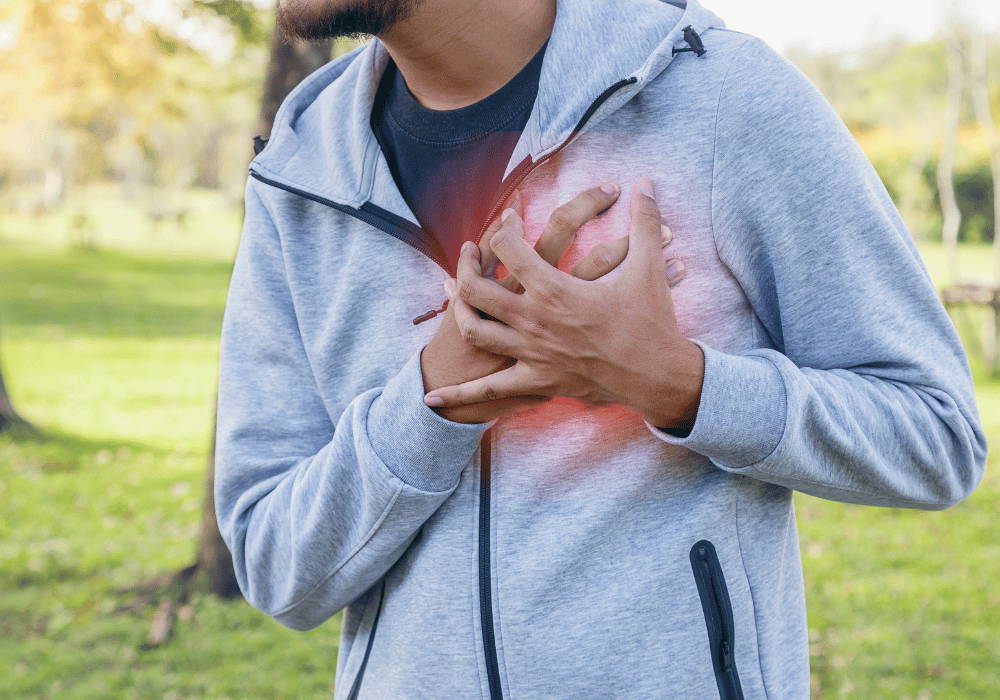Heart disease is the second leading cause of death in Canada. This is why it’s crucial to pay attention to the signs and symptoms of heart disease. It affects both men and women, and sometimes the symptoms can be tricky to recognize. In this blog, we will discuss the top five signs you may have heart disease.
Chest Pain
Chest pain is a common sign of heart disease. It’s a feeling of pressure, tightness, or squeezing in the chest. The pain may last for a few minutes or longer. If you experience chest pain, it’s essential to seek medical attention right away. Sometimes the pain may be mistaken for indigestion or heartburn.
Shortness Of Breath

Shortness of breath is another common sign of heart disease. If you have trouble breathing, even when you’re sitting still, it may be a sign that your heart isn’t functioning correctly. You may feel as if you can’t catch your breath or feel like you have to gasp for air. Shortness of breath can happen at any time, and it’s essential to seek medical attention if it lasts more than a few minutes.
Swollen Ankles and Legs
If you notice that your ankles and legs are swollen, it may be a sign of heart disease. Swollen ankles and legs can be due to fluid buildup in the body, which can happen when the heart isn’t pumping correctly. If you have heart disease, you may be more prone to fluid retention in different areas of your body, like your legs and ankles.
Fatigue
Fatigue is a feeling of extreme tiredness or exhaustion. If you have heart disease, you may feel tired more often than usual. You may also feel weak and have trouble performing activities that you used to do with ease. If you experience fatigue that doesn’t go away with rest, it may be a sign of heart disease.
Irregular Heartbeat

An irregular heartbeat, also known as arrhythmia, is a common sign of heart disease. It’s a feeling of your heart beating irregularly or too quickly. It can sometimes feel like your heart is skipping a beat or fluttering. An irregular heartbeat can be dangerous, and you should seek medical attention immediately if you experience it.
If you experience any of these symptoms, it’s crucial to seek medical attention right away. While heart disease is a severe condition, there are many treatment options available. Simple lifestyle changes, like eating healthier and exercising more, can reduce the risk of heart disease. Regular check-ups with your doctor and taking care of your heart health can go a long way in preventing heart disease. Remember that prevention and early detection are key to managing heart disease and leading a healthy life.

